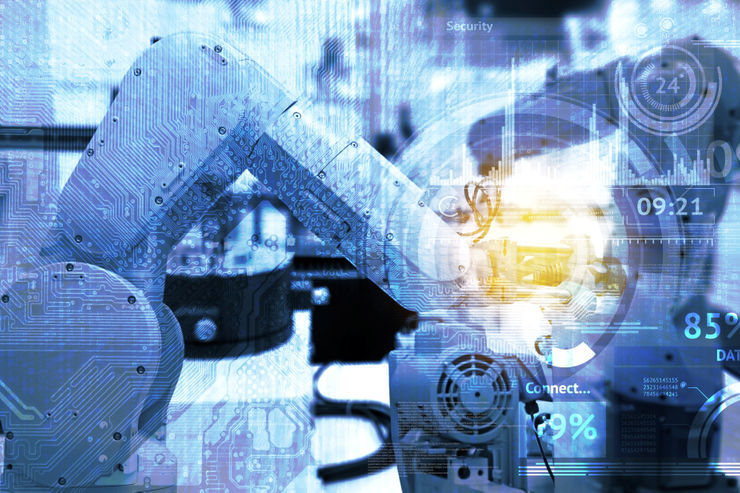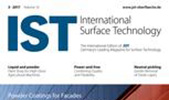Digitisation in surface technology

Digitisation represents a far-reaching paradigm shift in industry, the aim of which is to create the intelligent factory. In such a factory, the real and the virtual world are closely interconnected. The use of state-of-the-art information and communication technologies opens up new opportunities for greater flexibility and automation in production processes.
Flexible, individual, efficient – these are the demands that need to be met by modern production processes. The fourth industrial revolution is based on intelligent and digitally connected systems, with the aid of which humans, machines, products and logistics are able to directly communicate and cooperate with each other. This revolution is also referred to as “digitisation” or the “Internet of Things”. Digitisation is not restricted to individual production steps, but extends over the entire value chain, from development, production, use and maintenance right through to final recycling.
Digital technologies make it possible to mass-produce individual products, and even the smallest batch sizes can be flexibly and cost-effectively manufactured. Machine learning in particular has made huge progress in recent decades and enables machines to make decisions and coordinate production processes all by themselves. Another key technology in the factory of tomorrow is human-robot collaboration (HRC). Humans and machines work together hand in hand, thus relieving human workers of the necessity to perform particularly stressful or dangerous work. In the modern factory, autonomous vehicles independently take care of material flow and logistics. Cloud-based machine monitoring systems help to prevent unplanned machine downtime and to simplify maintenance. Augmented Reality is also a major topic in the age of digitisation and offers significant benefits in the fields of maintenance and training.
The VDE forecasts that digital technologies will also become an established part of the production process in surface technology in less than 10 years’ time. The advantages will include an increased level of automation and shorter production periods. However, the full potential it offers will not be exploited unless companies already begin to address the issue today. For small and medium-sized companies in particular, digital expertise is a decisive competitive advantage. Digitisation offers companies the opportunity to respond to individual customer wishes and to develop new products and business models









